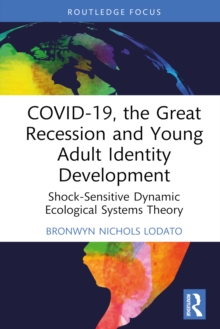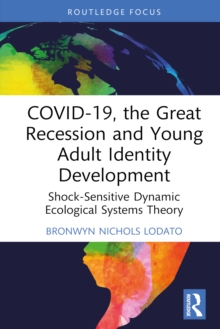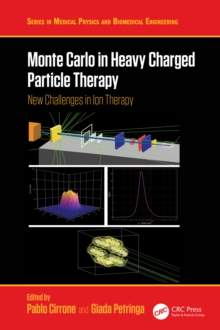
Youth, Place and Theories of Belonging EPUB
Edited by Sadia Habib, Michael Ward
Part of the ISSN series
EPUB
Description
Drawing on interdisciplinary perspectives, Youth, Place and Theories of Belonging showcases cutting-edge empirical research on young people's lifeworlds. The scholars demonstrate that belonging is personal, infused with individual and collective histories as well as interwoven with conceptions of place. In studying how young people adapt to social change the research highlights the plurality of belonging, as well as its temporal and fleeting nature.
In the field of youth studies, we have seen a recent emphasis on studying the ways youth live out everyday multiculturalisms in an increasingly globalised world. How young people negotiate belonging in everyday life and how they come to understand their positions in fragmented societies remain emerging areas of scholarship. Composed of twelve chapters, the collection references key sites and institutions in young people's lives such as schools, community/cultural centres, neighbourhoods and spaces of consumption. Drawing from diverse areas such as the rural, the urban as well as displacements and mobilities, this international collection enhances our understanding of the theories employed in the study of youth identity practices.
Written in a direct and clear style, this collection of essays will be of interest to researchers working in geography, theories of affect, gender, mobility, performativities, and theories of space/place. Investigating how young people come to belong can open up new spaces and provide critical insights into young people's identities.
Information
-
Download - Immediately Available
- Format:EPUB
- Pages:198 pages
- Publisher:Taylor & Francis
- Publication Date:30/07/2019
- Category:
- ISBN:9781351362726
Information
-
Download - Immediately Available
- Format:EPUB
- Pages:198 pages
- Publisher:Taylor & Francis
- Publication Date:30/07/2019
- Category:
- ISBN:9781351362726










